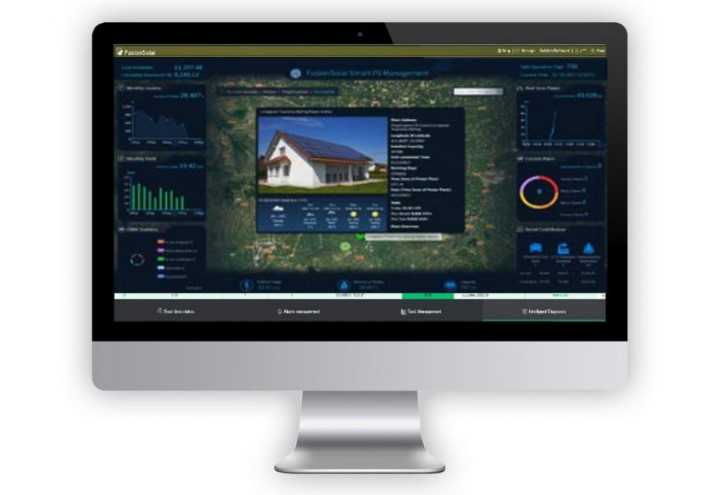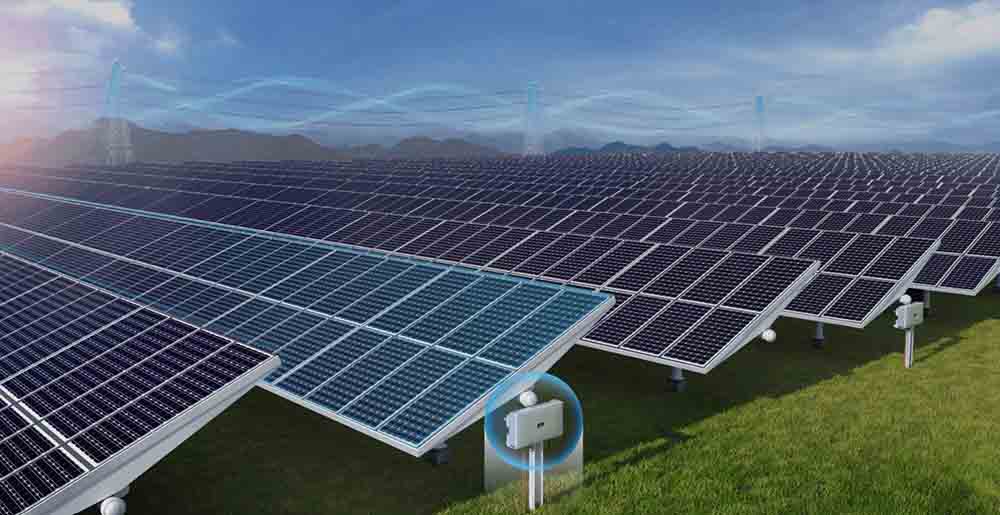In recent years, the energy landscape has witnessed a significant shift towards sustainability and decentralization, with an increasing emphasis on localized and independent energy solutions. Among the emerging technologies driving this transformation, Smart Photovoltaic (PV) systems stand out as a key player. Next, we will explore Smart PV's role in localized and independent energy solutions, delving into its impact and potential in reshaping how communities generate and consume energy.
The Impact of Smart PV in Localized Solutions
Harnessing the Power of the Sun
These intelligent solar power systems leverage cutting-edge technology to not only harness the sun's energy but also to optimize its usage and distribution. The integration of smart features has enabled communities to generate, manage, and consume energy in a more efficient and self-sufficient manner, fostering a new era of energy independence.
Adaptability and Efficiency
Smart PV systems bring a revolutionary approach to local energy production by capitalizing on the abundant and renewable resource: sunlight. Unlike traditional solar installations, these systems are equipped with advanced monitoring and control mechanisms that enhance their efficiency. By utilizing sensors, data analytics, and connectivity, Smart PV systems can adapt to varying weather conditions, adjusting their output and maximizing energy production.

Localized Energy Solutions
One of the key advantages of Smart PV lies in its ability to facilitate localized energy solutions. By deploying solar panels at the community or neighborhood level, residents can harness the power of the sun to meet a significant portion of their energy needs. This decentralization not only reduces dependence on centralized power grids but also enhances energy resilience.
Energy Management for Stability
The intelligence embedded in Smart PV systems extends beyond mere energy generation; it encompasses smart energy management as well. These systems can optimize energy consumption by intelligently distributing power based on real-time demand and usage patterns. Through the integration of energy storage solutions, such as batteries, excess energy generated during peak sunlight hours can be stored for use during periods of low sunlight or high demand.
Empowering Individuals
Furthermore, Smart PV systems empower individuals to take an active role in their energy consumption. Real-time monitoring tools and user-friendly interfaces allow homeowners and businesses to track their energy production and usage patterns. This transparency not only fosters a sense of control but also encourages responsible energy practices. Huawei's Smart PV emerges as a frontrunner in the residential solar energy landscape, offering a Smart PV Solution that combines efficiency, intelligence, and sustainability. By seamlessly integrating solar panels with advanced inverters and energy storage capabilities, Huawei empowers homeowners to harness the full potential of solar energy while enjoying the benefits of a smart and resilient energy system.

Economic Implications
The economic implications of Smart PV adoption are noteworthy as well. By promoting localized energy production, communities can reduce their reliance on external energy sources, leading to potential cost savings. Additionally, the growth of the local solar industry creates jobs and stimulates economic activity. The development, installation, and maintenance of Smart PV systems require skilled labor, fostering employment opportunities in the renewable energy sector.
Conclusion
In conclusion, Smart PV systems are at the forefront of the movement towards localized and independent energy solutions. Their ability to harness solar energy efficiently, adapt to changing conditions, and empower communities to take control of their energy needs makes them a cornerstone of a sustainable energy future. As technology continues to advance and the demand for clean, reliable energy grows, Smart PV systems will play an increasingly pivotal role in reshaping the energy landscape at the community level, fostering resilience, self-sufficiency, and a greener future for us all.
